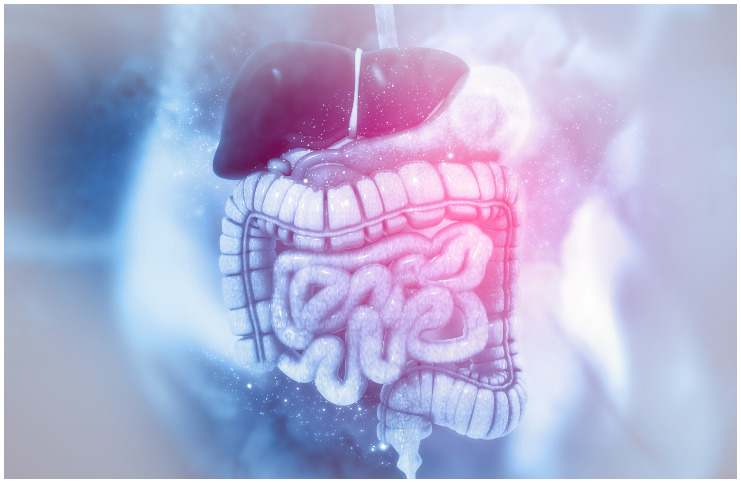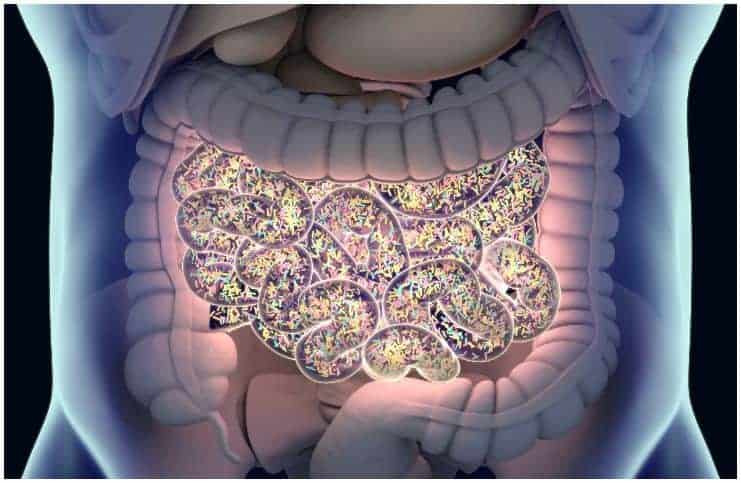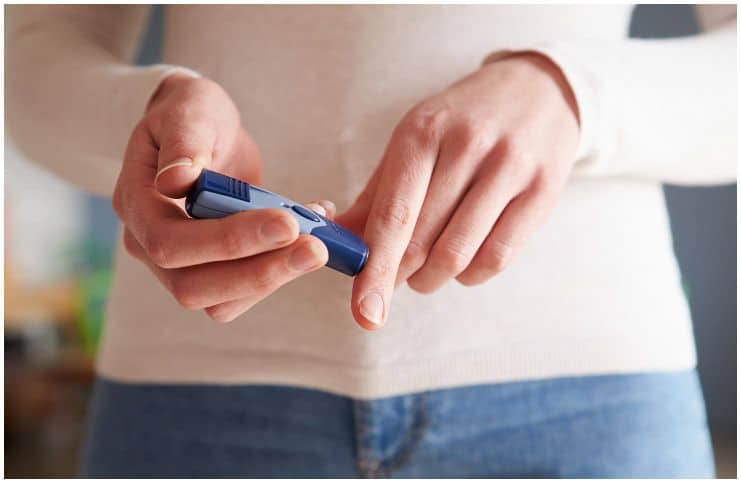Do Probiotics Cause Smelly Gas And Bloating?
Probiotics contain different types of microorganisms, like – bacteria and yeast. These are also commonly known as good, friendly, or healthy bacteria.
There are ten times more probiotics in your colon than cells in your body. Several varieties dominate the landscape, such as Bifidobacterium and Lactobacillus, the two most common bacterial forms.
This environment of healthy bacteria is called a microbiome. In addition, your stool has more than 70 percent bacteria and is a combination unique to each individual.
Benefits
Digestive Problems

Furthermore, a few studies on probiotics concluded that, through the process of regulating intestinal transit time, these microorganisms could notably reduce constipation in the elderly.
Immunity Support
They not only aid digestion but may help support the immune system as well, therefore, when we do get exposed to unfavorable organisms, our immune system can handle it more effectively and quicker.
Allergies
Allergies are hand in hand with the immune system function, and these microorganisms can help educate the immune system, modulating its response to environmental triggers (such as dust mites, pollen, or mold) which are perceived as normal under most circumstances.
Women’s Health
In a similar way to the digestive tract, the vagina relies on a balance of bad and good bacteria. When that balance is disrupted, it can result in some types of uncomfortable infections, including – yeast infections and bacterial vaginosis.
For example, taking this type of supplement may prevent the overgrowth of harmful microorganisms and help balance the bacteria present in the vagina, according to the Harvard Medical School.
Diarrhea
It is usually caused by an intestinal infection. Probiotics are believed to be able to reach the bowel, where they suppress the germs causing diarrhea and help the body fight them. Additionally, these microorganisms may reduce the duration of diarrhea as well as minimize the risk of diarrhea if using antibiotics.
Type 2 Diabetes
Type 2 diabetes mellitus is a chronic metabolic disorder that is described by a relative lack of insulin, insulin resistance, and high blood sugar.
Risk factors include:
- high fasting blood glucose levels;
- a history of gestational diabetes;
- hypertension;
- low birth weight;
- chronic emotional stress;
- smoking tobacco and regularly being exposed to second-hand smoking;
- a diet high in junk food;
- physical inactivity (sedentarism);
- obesity.
According to a 2010 study, supplemental probiotics or consuming foods with these microorganisms have been shown to delay the onset of glucose intolerance.
Weight Loss
According to a recent meta-analysis issued in the International Journal of Food Sciences and Nutrition, they can also lower the body mass index of overweight and obese people.
Cancer Prevention
These supplements may be useful in preventing cancer. For instance, research studies established that they help in slowing the growth of some types of cancerous tumors.
Brain Health
A correlation between improved cognitive function and probiotic consumption encourages further research into the effects of probiotics on neurodegenerative disorders, such as – dementia and Alzheimer’s disease, according to a 2016 study published in the Journal Frontiers in Aging Neuroscience.
Also, the human gut bacteria are responsible for making more than 30 neurotransmitters, including serotonin (involved in the regulation of happiness, anxiety, and mood).
Possible Side Effects – Do Probiotics Cause Gas And Bloating?
Intestinal gas is the most frequent adverse effect of probiotic use in both adults and children. The main reason is due to the gas-producing bacteria present, like – bifidobacteria and lactobacilli, that break down lactic acid.
Nevertheless, intestinal gas is simply a sign that the body’s healthy bacteria is working, and these symptoms usually reduce with time.
Bloating usually lasts for only two to 4 days and stops once the digestive system equilibrates to the presence of the good bacteria.
However, in rare cases, bloating may be attributed to digestive changes resulting from the many types of bacteria species that attempt to colonize within the gastrointestinal tract as well as due to increased water retention.
Another side effect of probiotics may result in unhealthy metabolic activities, such as too much insertion of genetic material into a cell or stimulation of the immune system.
Lactose Intolerance
Lactose intolerance, a prevalent and distressing condition that affects about 75 percent of people worldwide, is strongly associated with the incapacity to digest lactose (a sugar found in milk and dairy products) into its constituents, galactose and glucose, due to low levels of lactase enzyme activity.
Hence, to avoid additional side effects of consuming probiotics supplements, an individual with lactose intolerance should use a non-dairy-based probiotic supplement.
Buyer Beware
Remember, probiotics are commonly classed as food rather than medicine. This actually means that they don’t go through the rigorous testing that prescription medicines do.
For instance, according to a study of probiotics supplements, only 2 out of 13 brands contained the beneficial bacteria in the advertised amounts. Therefore, there’s no guarantee that the types of healthy bacteria listed on a label are active or even present in the supplement.
Probiotics in Plant-Based Foods
Luckily, there are a few foods that you can turn to on a regular basis to help keep your digestive tract full of healthy bacteria, including – sour pickles, sauerkraut, kimchi, kombucha, or sourdough bread.
Also, it is recommended to eat more pre-biotic foods, that have different types of fiber that feed the beneficial bacteria in the body.
READ THIS NEXT:
Magnesium Taurate – Side Effects
References https://nccih.nih.gov/health/probiotics/introduction.htm https://www.scientificamerican.com/article/do-probiotics-really-work/ https://www.bu.edu/research/articles/do-probiotics-work/



